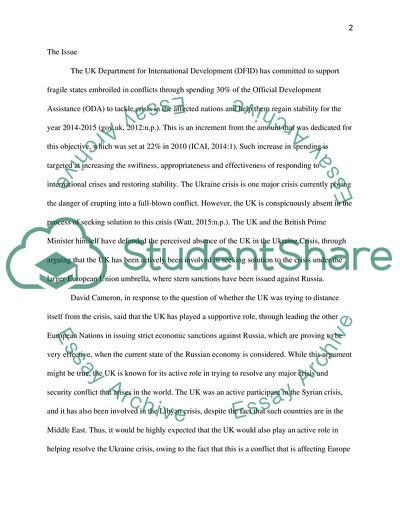Cite this document
(Conflict in Fragile States Policy Coursework Example | Topics and Well Written Essays - 2000 words - 1, n.d.)
Conflict in Fragile States Policy Coursework Example | Topics and Well Written Essays - 2000 words - 1. https://studentshare.org/politics/1871703-policy-brief
Conflict in Fragile States Policy Coursework Example | Topics and Well Written Essays - 2000 words - 1. https://studentshare.org/politics/1871703-policy-brief
(Conflict in Fragile States Policy Coursework Example | Topics and Well Written Essays - 2000 Words - 1)
Conflict in Fragile States Policy Coursework Example | Topics and Well Written Essays - 2000 Words - 1. https://studentshare.org/politics/1871703-policy-brief.
Conflict in Fragile States Policy Coursework Example | Topics and Well Written Essays - 2000 Words - 1. https://studentshare.org/politics/1871703-policy-brief.
“Conflict in Fragile States Policy Coursework Example | Topics and Well Written Essays - 2000 Words - 1”. https://studentshare.org/politics/1871703-policy-brief.


